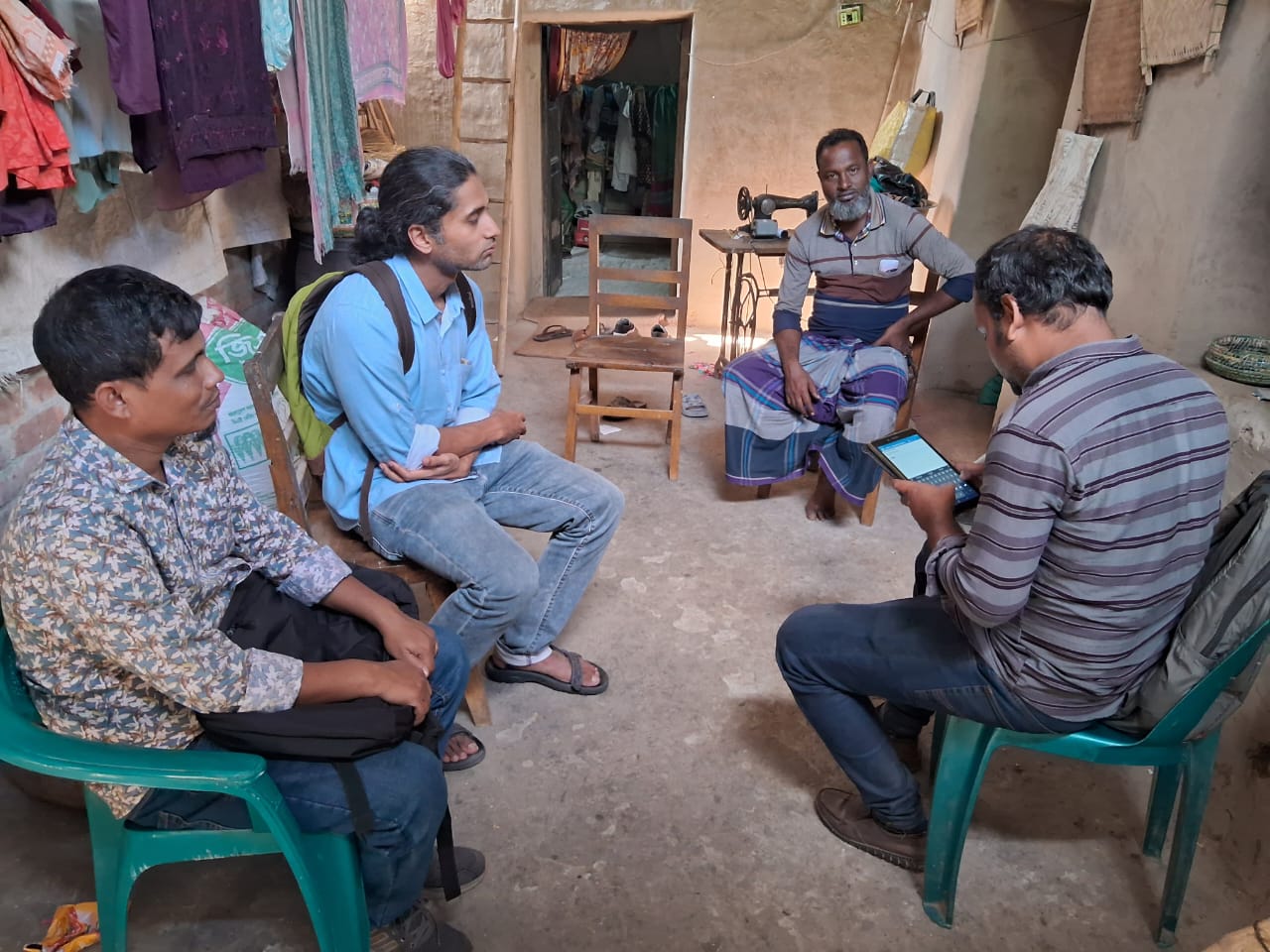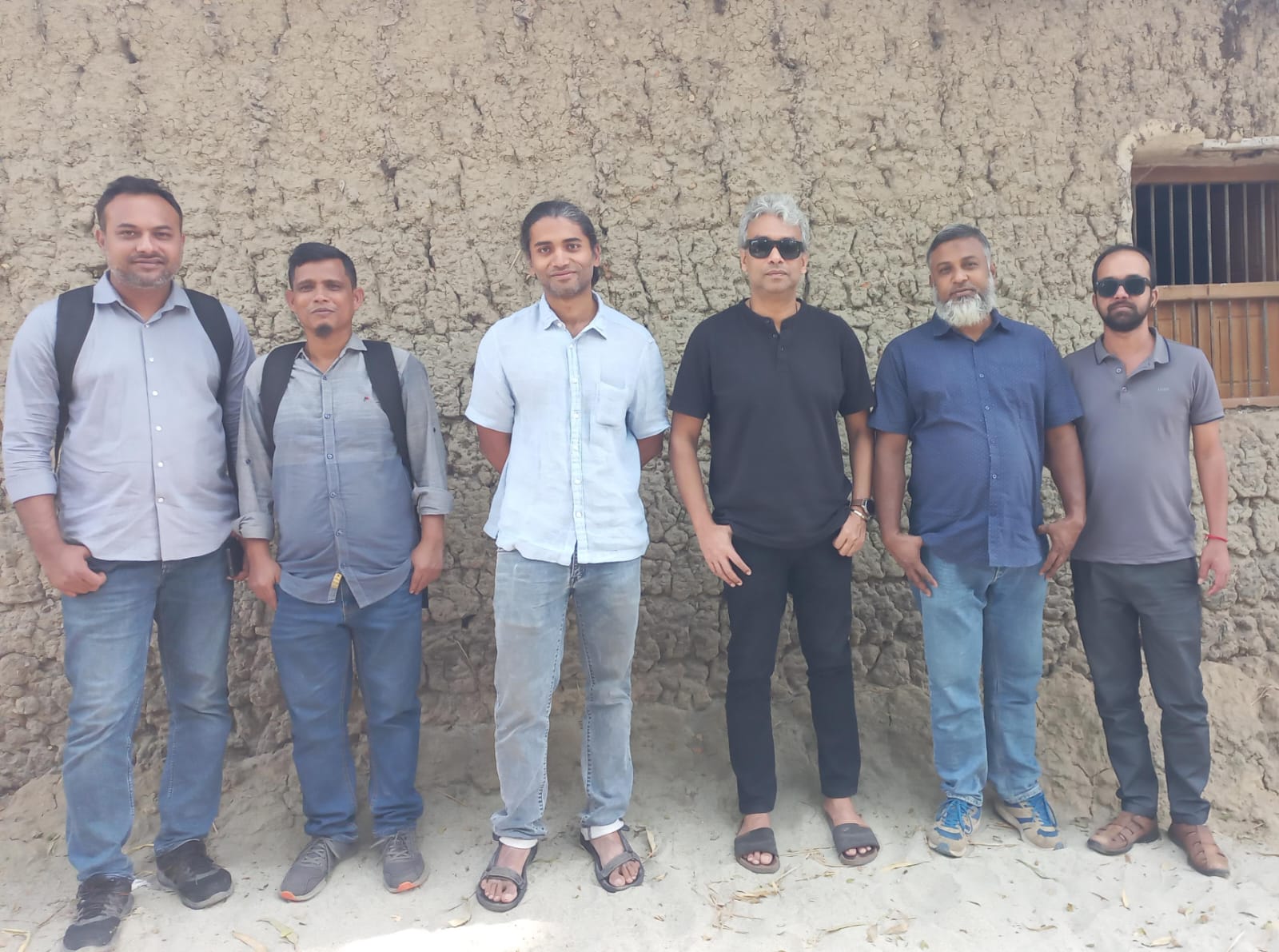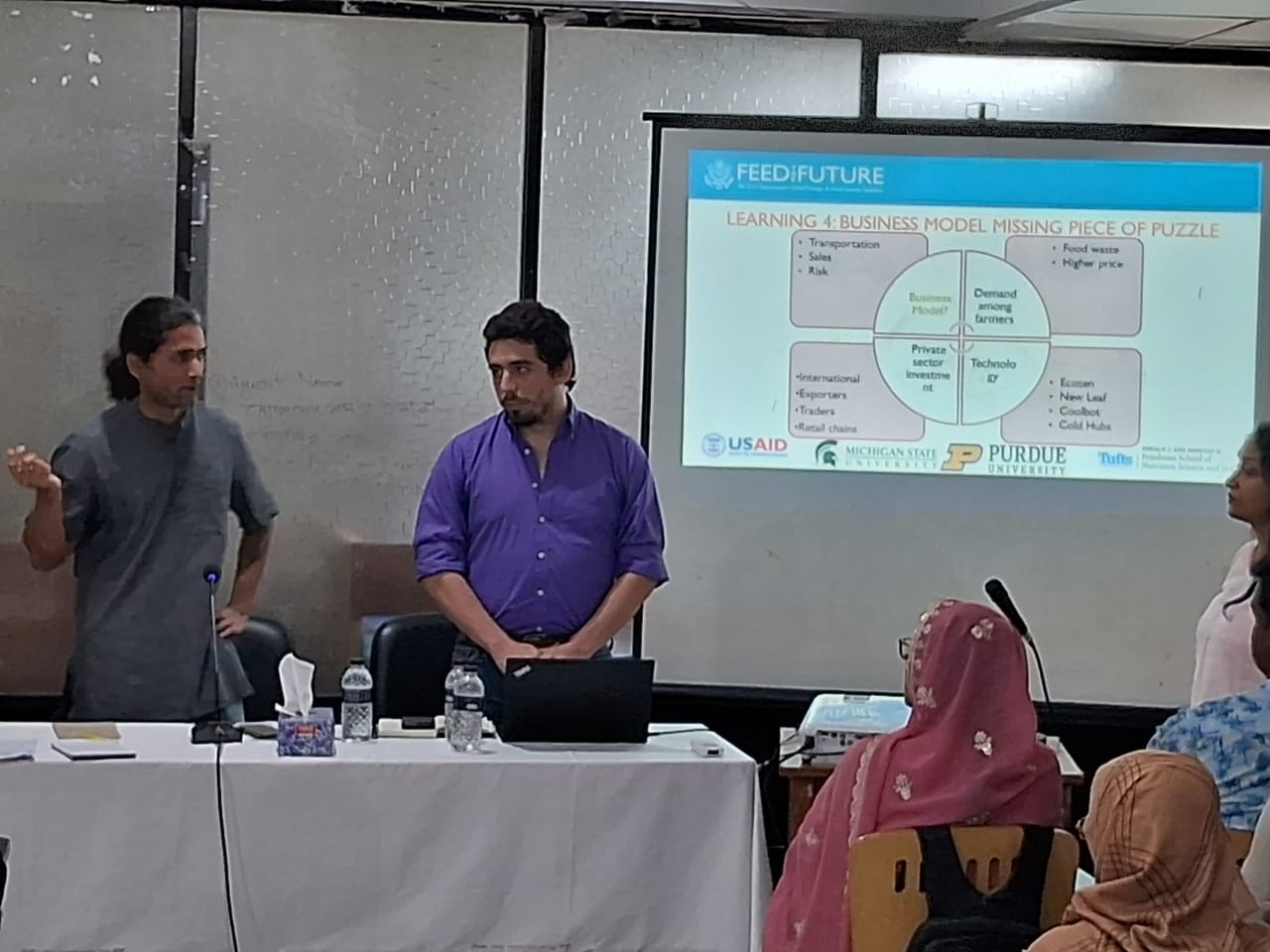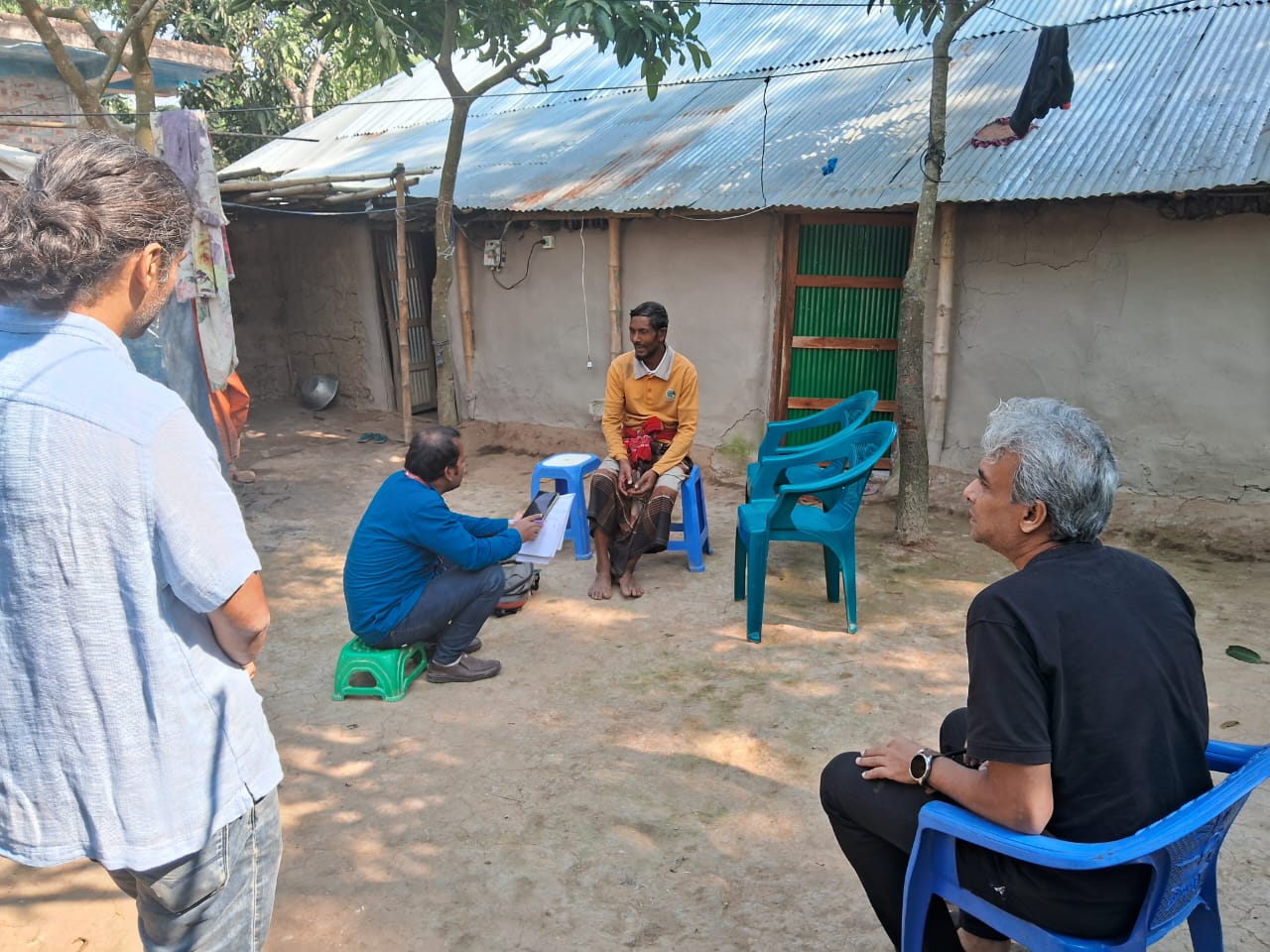From Kolkata to Purdue: a Journey to Uncover Gender Inequities in Agriculture
Traveling from his home in Kolkata, West Bengal, India, a city near the border with Bangladesh, Koustuv Saha brings a unique perspective to their Ph.D. studies in Agricultural Economics at Purdue University. Though Koustuv grew up in an urban area, agriculture has a central role in India’s economy, and that’s led his research to focus on issues deeply intertwined with agriculture—particularly those affecting women and households in developing countries. Agriculture remains one of the largest employers for India and many other developing countries, especially for women, making it impossible to overlook its economic influence. This focus on gender-based inequities in labor markets has guided much of Koustuv’s work.
Choosing Purdue was a strategic decision driven by the fieldwork opportunities offered by the department. He was especially excited to work closely with development economists Dr. Kajal Gulati (an assistant professor at Michigan State University at the time of the article release) and Dr. Jacob Ricker-Gilbert. Their shared focus on South Asia and sub-Saharan Africa made it the perfect fit. The mentorship and hands-on experience provided by the program were invaluable during a recent lab-in-field experiment Koustuv conducted in rural Bangladesh. This experiment is designed to investigate how married couples coordinate risky financial decisions. In societies where decision-making is often gendered—men frequently control farm-related investments while women manage household savings—the study aims to uncover whether couples can successfully coordinate individual choices or whether coordination failures arise from systemic gender inequities.
“One of the biggest challenges is adapting theoretical models to real-world field settings. Flexibility is crucial, as field conditions often require changes in experiment design without compromising the research’s integrity.”
Alongside his fieldwork, Koustuv has also had his research recognized globally. He co-authored “Women’s Work and Agricultural Productivity Gaps in India” with Dr. Gulati and Dr. Travis Lybbert (UC Davis), which won the 2024 Uma Lele Prize for Best Contributed Paper on Gender from the International Association of Agricultural Economists (IAAE). The authors were invited to the 2024 International Conference of Agricultural Economists (ICAE) in New Delhi, IN, where Dr. Gulati presented their collaborative research. While Koustuv was unable to attend the conference, he has been working on this research project since he started at Purdue almost three years ago. The research looks at gender disparities in agricultural labor markets, particularly in India, where agricultural tasks are often divided along gender lines.
“We investigated if gender-based inequities could affect agricultural labor productivity as well. We found that farms relying more on female family labor had lower productivity compared to hired female labor, while men’s family and hired labor showed no such difference. One of the reasons for this was a lack of experience on the part of family women who were traditionally not allowed as much opportunity to participate in farm work as the men in the family.”
To tackle the challenge of developing a model for analysis, Koustuv and his collaborators employed a mix of traditional causal inference and machine learning techniques—an innovative approach that required learning new methods to account for the nuances of gender-based productivity differences.
 Beyond their work at Purdue, Koustuv is also collaborating with his sister, a graduate student in economics, and a friend studying development in India. They are exploring the “marriage penalty” in women’s employment in Egypt, observing a significant drop in women’s labor force participation after marriage, a decline not mirrored among men. This project was recently presented at the 2024 Agricultural and Applied Economics Association (AAEA) Annual Meeting in New Orleans, LA.
Beyond their work at Purdue, Koustuv is also collaborating with his sister, a graduate student in economics, and a friend studying development in India. They are exploring the “marriage penalty” in women’s employment in Egypt, observing a significant drop in women’s labor force participation after marriage, a decline not mirrored among men. This project was recently presented at the 2024 Agricultural and Applied Economics Association (AAEA) Annual Meeting in New Orleans, LA.
At the heart of Koustuv’s research is a desire to shed light on gender-based inequities in labor markets. His work focuses on how societal norms and household decision-making impact women’s economic opportunities in developing countries, particularly in agriculture-dependent economies. For those considering similar research paths, Koustuv advises finding a topic that genuinely sparks your passion. “The Ph.D. journey is long and challenging,” he notes, “but having a deep connection to your research makes the challenges worthwhile.”



